Chinese lament ravaged cemetery of WWII heroes
Updated: 2013-08-16 08:03
(China Daily)
|
||||||||
The current site of the graveyard remained forgotten until it was spotted in 2007 by Sun Guansheng, founder of the Yunnan Flying Tigers Research Association and former editor-in-chief of a local newspaper.
The 71-year-old said he found the cemetery by piecing together clues in a book by the widow of a Flying Tiger.
"On seeing the tombs the first time, we cried. Bleached bones were lying in plain sight and broken caskets tossed aside," recalled Sun. "That day happened to be our traditional Tomb Sweeping Day," he said.
In the late 1950s, headstones were taken for materials to build a reservoir. In the following years, the site suffered several wildfires.
"Without the gravestones, we can't tell who is who," Sun said, adding that he had collected some pieces of the slates and preserved them.
"Six years have gone by since my discovery, and the condition of the final resting place of the heroes is still miserable," he said with a sigh.
Government rescue
Responding to the criticism, Li Yulian, a local civil affairs official, said they had done basic protection work since Sun's discovery, reburying scattered human remains and coffins, restoring sunken tombs, clearing weeds and patrolling the area regularly.
However, the cemetery continues to be ravaged by downpours, livestock and grave robbers, she said. "After all, it has been in disrepair for such a long time."
The local government has decided to surround the cemetery with barbed wire, erect a memorial wall and build a path in the compound.
"We hope this will comfort the souls of these warriors who sacrificed for our nation," Wei said.
A key factor in the damage to the cemetery is that its history was not generally known, said Jin Ziqiang, a politics professor at the Yunnan University.
"Only when people understand history will they genuinely respect history," he said.
The struggle of the Kuomintang troops during World War II was overshadowed when they lost the civil war against the Communist Party of China in the following years.
The turning point came in 2005, when former president Hu Jintao spoke highly of the troops' contribution in the War of Resistance against Japanese Aggression.
Last month, the Ministry of Civil Affairs issued a statement suggesting local governments attend more to the needs of Kuomintang veterans, which was widely hailed as recognition of the political party's role in safeguarding national territorial integrity.
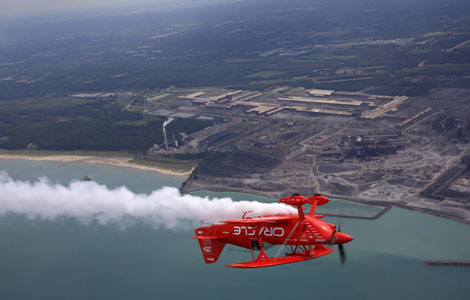
 Thrills in store for Chicago Air and Water Show
Thrills in store for Chicago Air and Water Show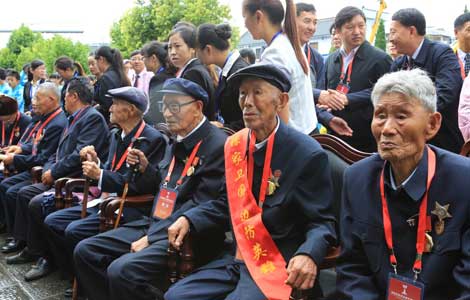
 Memorial to expeditionary soldiers opens
Memorial to expeditionary soldiers opens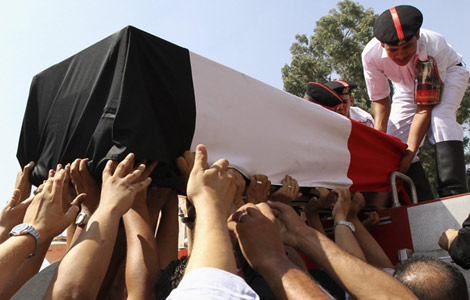
 Death toll from Egypt violence rises to 638
Death toll from Egypt violence rises to 638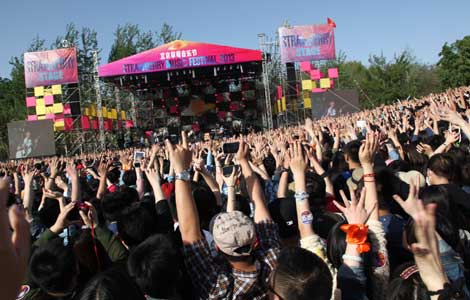
 Tunes that travel
Tunes that travel
 Macabre Addams Family tests musical tastes
Macabre Addams Family tests musical tastes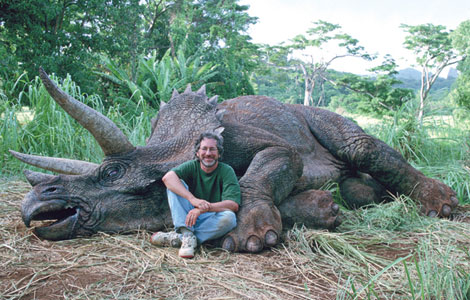
 Spielberg has desire to work with Zhang Yimou
Spielberg has desire to work with Zhang Yimou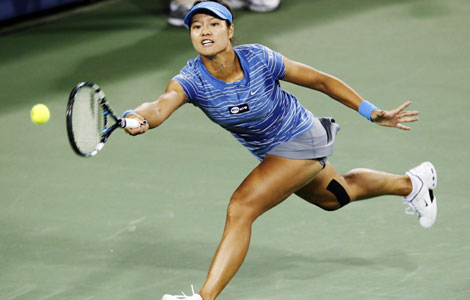
 Li Na advances to 3rd round at Cincinnati Open
Li Na advances to 3rd round at Cincinnati Open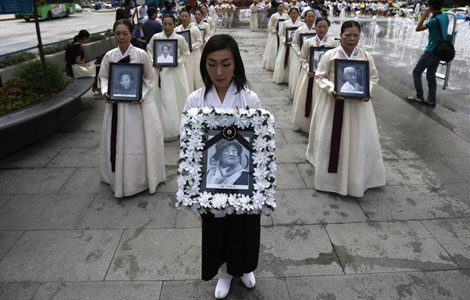
 Requiem ceremony for former comfort woman
Requiem ceremony for former comfort woman
Most Viewed
Editor's Picks

|

|

|

|
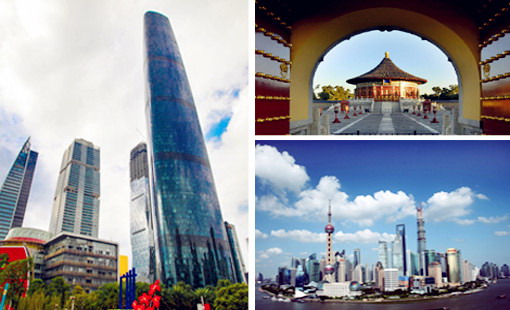
|

|
Today's Top News
No remorse as Abe marks surrender anniversary
Beijing, Moscow hail military ties
China to be world's No 1 consumer
China Mobile looks to data services
Japan exports to China at lowest in four years
Fish ecosystem 'on verge of collapse'
First public rental housing fund launched
Trimming standard ideas of butchering
US Weekly

|

|







